fall from grace
impression of Aung San Suu Kyi
Burmese politician, diplomat, author, and Nobel Peace Prize laureate, Aung San Suu Kyi, has gone from being celebrated as a campaigner human rights and democracy to someone widely condemned for excusing – at best – genocide and ethnic cleansing, appearing at the International Court of Justice to face charges of genocide committed against the Rohingya Muslim minority in Myanmar.
“It is not power that corrupts but fear. Fear of losing power corrupts those who wield it and fear of the scourge of power corrupts those who are subject to it.”
”The struggle for democracy and human rights in Burma is a struggle that encompasses our political, social and economic aspirations”
Aung San Suu Kyi is a Burmese politician, diplomat, author, and Nobel Peace Prize laureate (1991). She is the leader of the National League for Democracy and the first and incumbent State Counsellor, a position akin to a prime minister; (b: 19 June 1945).
Aung San Suu Kyi rose to prominence in the 1988 Uprisings, and became the General Secretary of the National League for Democracy (NLD), which she had newly formed with the help of several retired army officials who criticized the military junta. From 1989 - 2010 she lived under house arrest becoming one of the world's most prominent political prisoners. Since ascending to the office of State Counsellor,
Aung San Suu Kyi has shown herself to be an autocrat and is seemingly indifferent to the sufferings of the Rohingya people. She has drawn much criticism over her alleged inaction to the persecution of the Rohingya people in Rakhine State and refusal to accept that Myanmar's military has committed massacres. Under her leadership, Myanmar has also drawn criticism for prosecutions of journalists.
A United Nations report from a fact-finding mission that revealed that the country is still not addressing the violence against the Rohingyas. The report found that Myanmar has failed, "to investigate genocide and to enact effect legislation criminalizing and punishing genocide."
According to the United Nations, 700,000 Rohingya refugees are fleeing their homes to neighbouring Bangladesh.

Aung San Soo Kyi



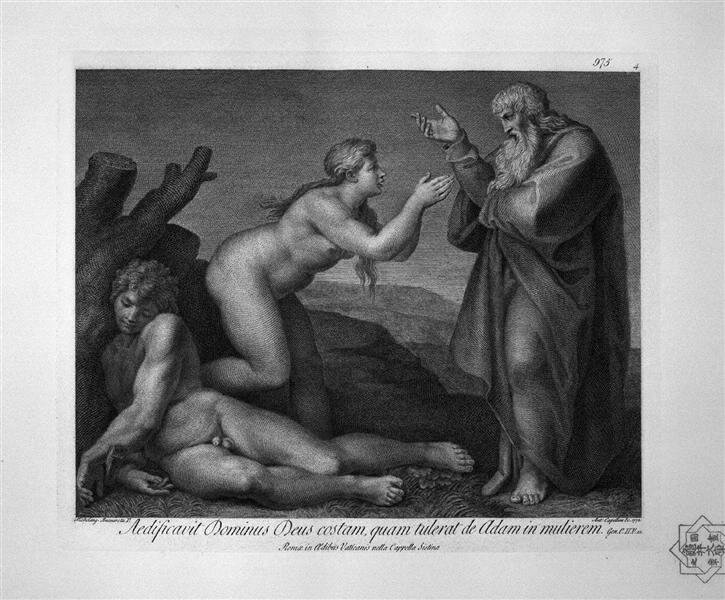






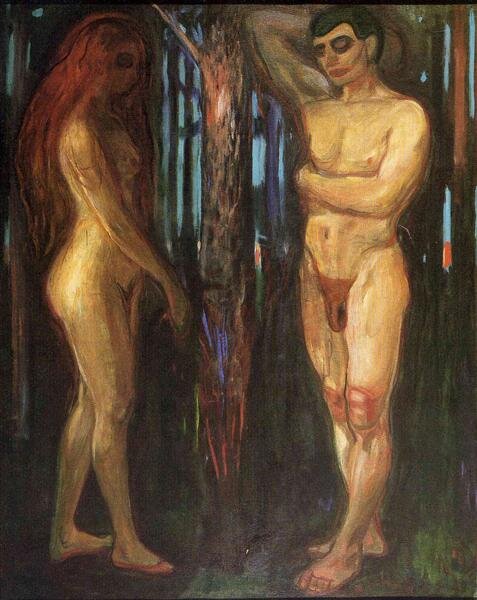

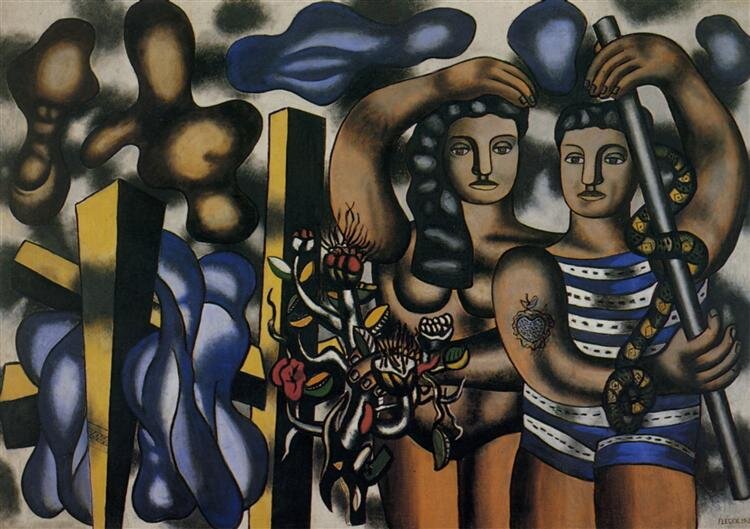




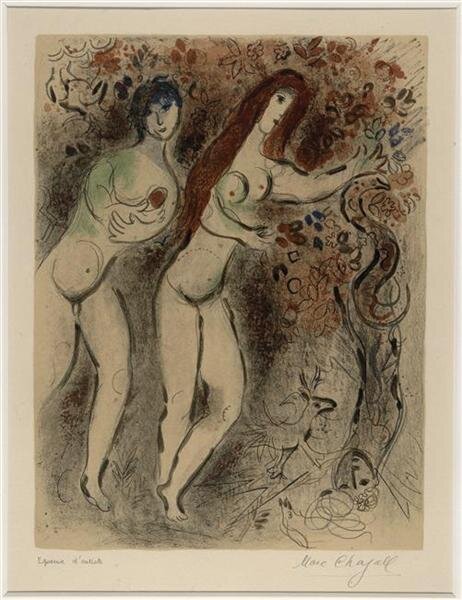



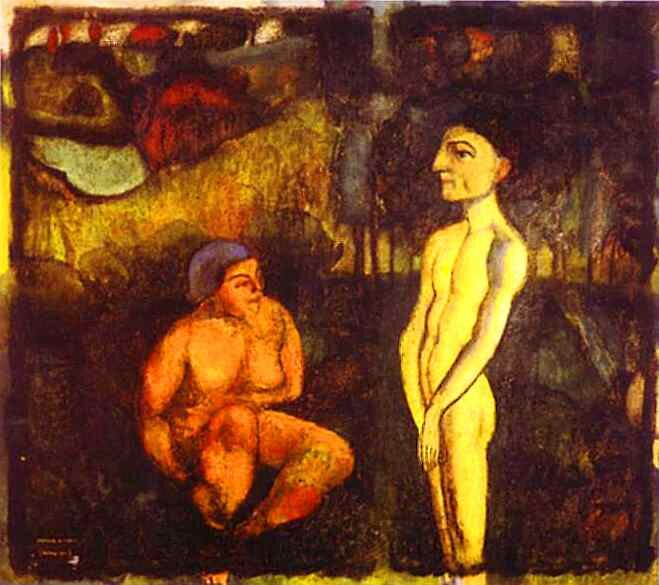




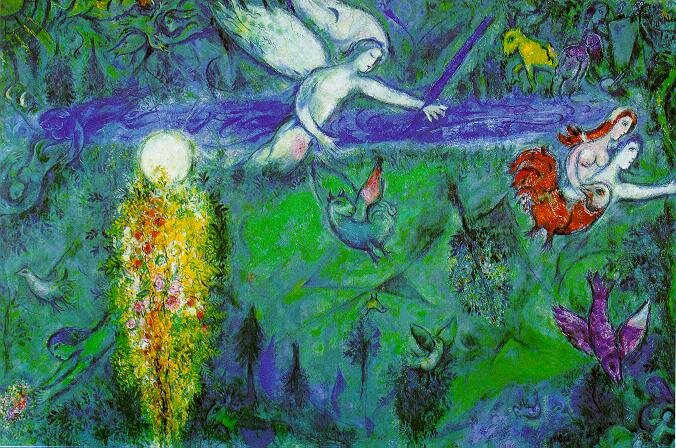

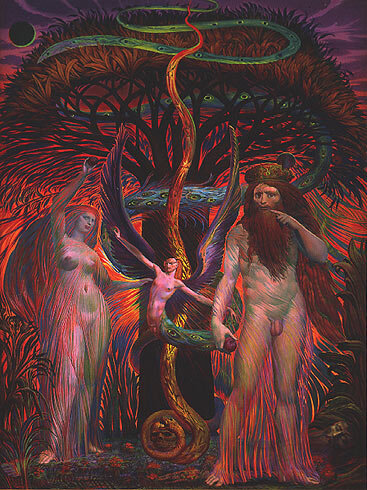
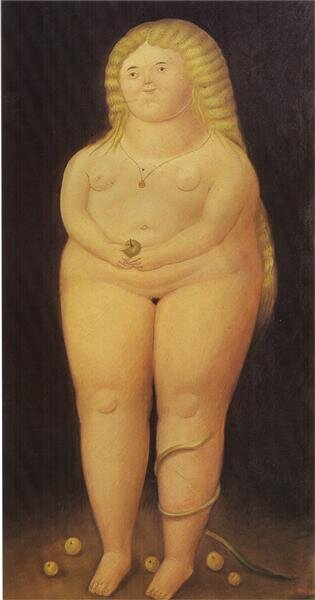
Amanta Scott, encaustic on canvas on cradled panel, 36 x 36 in/92 x 92cm, Eyeing Medusa series, 2019. Read more